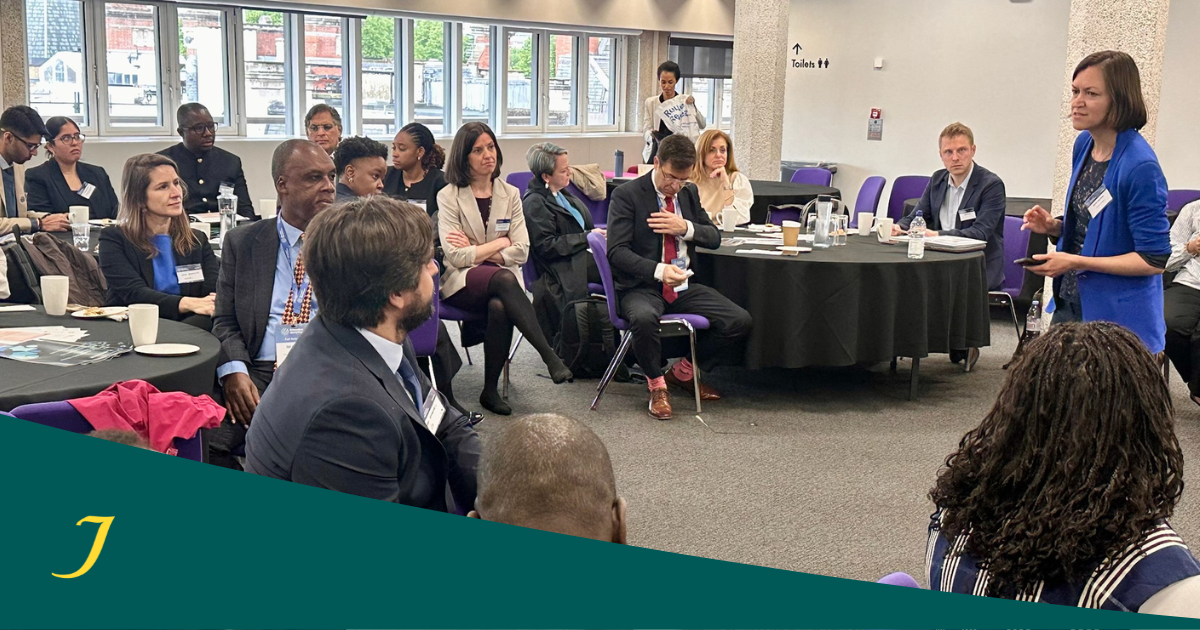Share Content
Article Link Copied
How Education Evidence Labs are reshaping education systems

At this year’s Education World Forum (EWF), the world’s largest gathering of education and skills ministers, the call for data-driven, evidence-informed policymaking took center stage. With education budgets under pressure, governments are looking for innovative ways to maximize the impact of their investments.
Alongside the What Works Hub for Global Education (WWHGE), the Jacobs Foundation convened ministers and partners to discuss an emerging model for systems reform: Education Evidence Labs (EdLabs). These embedded policy labs help governments generate, interpret, and apply evidence directly within ministries, effectively bridging the gap between research and real-world decision-making.
The Oxford Education and Policy Dialogue panel, “Shaping the future of education: through a world better led, served and governed,” hosted at the Blavatnik School of Government and co-sponsored by the Foundation and WWHGE, showcased how the model is taking shape. In Ghana, the Ministry of Education is developing the Ghana Education Evidence and Data Lab (GEEDLab) to align fragmented data systems. In South Africa, the Department of Basic Education’s EdLab focuses on foundational learning, providing independent, in-house research to guide policy.

At a moment when ministers are calling for greater investment in research and data, EdLabs offer a practical blueprint for turning evidence into action.